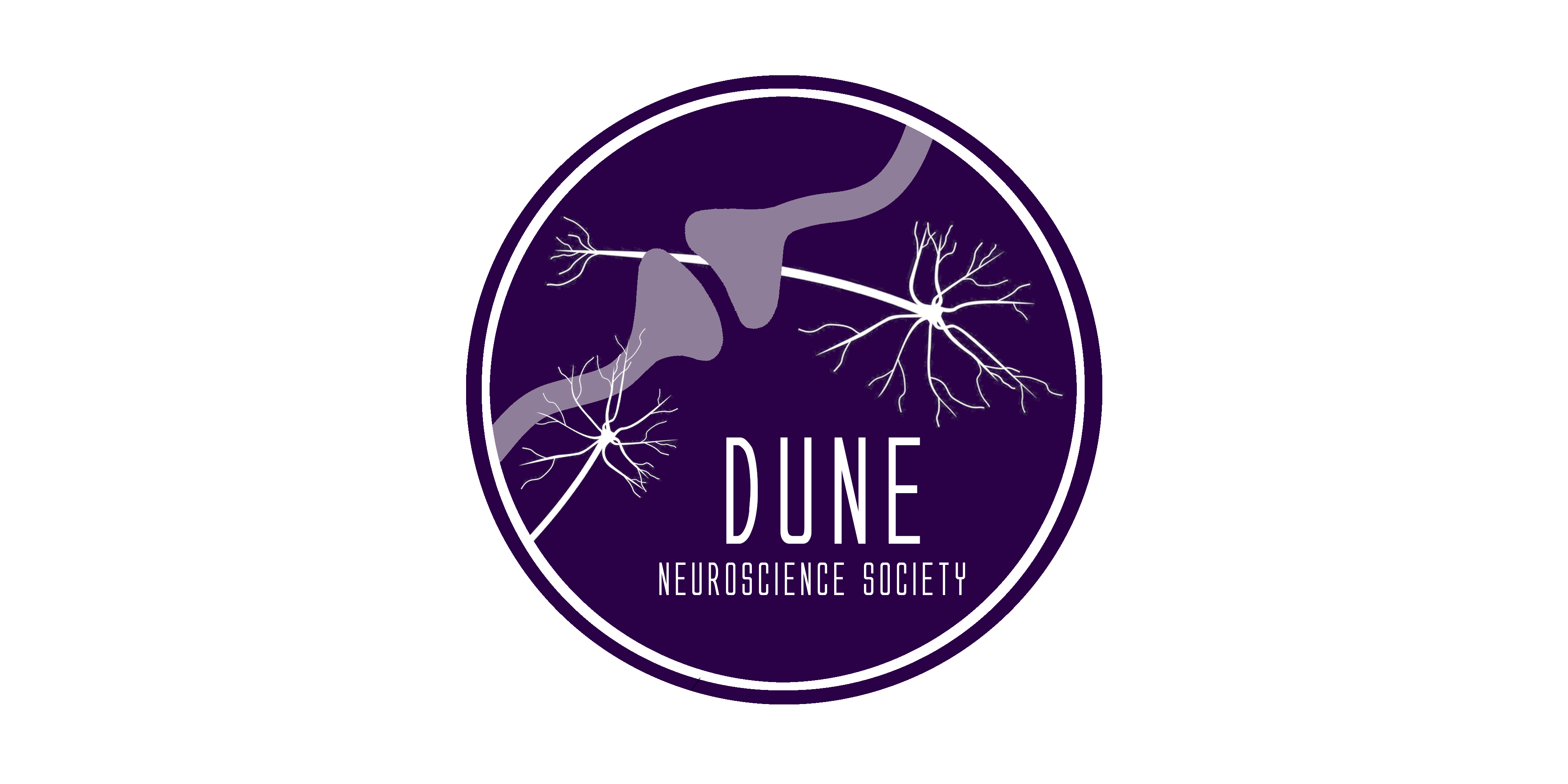
Stephanie Grillo’s Talk
Research and experience as a Durham Neuroscience postgraduate student: 10 years on
Beginning with a light-hearted warning about her dog, Stephanie Grillo set an informal yet informative tone for her talk covering her academic and research career spanning from an Undergraduate at Sunderland University, a PhD at Durham and research career in America.
This whistle-stop tour of her work across the four universities also provided reasoning for many decisions she took at the crossroads in her life during her career and gleaning from all of that useful advice for aspiring neuroscientists.
Skimming through her years as an undergraduate at Sunderland she discussed her weighing up her choices for moving into industry or academia as her eventual career. She considered many aspects including the monetary aspects, career development routes (comparing the linear ladder of academia to the spread of industry) and personal recognition of work. However, the primary deciding factor was how academia could provide more flexibility in both time and type of research which could ensure she would stay within the research realm of Neuroscience.
This favour for flexibility within academia for neuroscience became exemplified as she covered her work during her undergraduate dissertation on the biochemical mechanism behind differential anxiety in mice from which she then progressed into a PhD exploring the use of photobiomodulation in decelerating Alzheimer’s in mice. She mirrored her first steps into the work of research and publications with useful insights on how the world of academia treats publications/articles and the importance of each of their components. This trend of interweaving her research career and advice for future neuroscientists at their synchronous points continued as she moved through her career where she noted important factors for selecting which labs to work in along with special considerations for women in science.
Her experience of Neuroscience research on both sides of the Atlantic allowed her to present the differences in both the UK and US where she highlighted the difference in academic structure with the US requiring further climbing up the ladder within the departments before a tenured position. The differences in PhD structure was also a focal point, both during and after the talk, as the two, although similar in name, are very different in style and assessment with USA notably requiring publications unlike here in the UK. She also spoke about the subtle cultural differences in respects to talks and other matters in the informal and varied discussion afterwards closing out with general advice for undergraduates.
Altogether it was extremely fascinating to see how she travelled through her research career starting from simple lab work as an undergrad to complex procedures as a Research Associate and the different decisions she took at each stage which ultimately mapped her course. Her grounded advice in both the broadscale aspects of academia along with the little things to look out for was excellent for anyone looking to progress in a career in neuroscience or academic research in general.
If you want to watch her talk then simply join DUNE via the Durham SU page where you will get access to this and all other DUNE talks/discussions via Teams.



